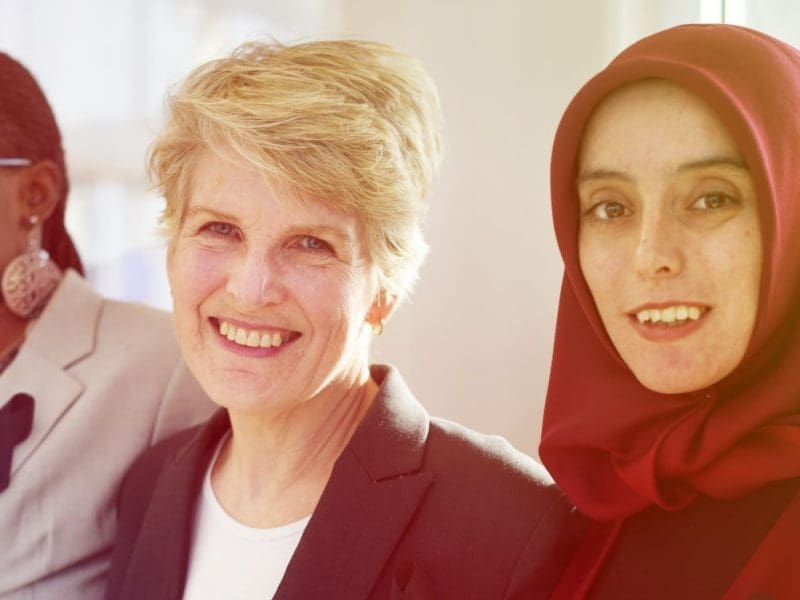Building the Evidence Base About Economic, Health, and Social Inequities Faced by LGBTQ2S-Plus Individuals In Canada: Phase 2 Final Report
As a group, gender and sexual minorities in Canada – including lesbian, gay, bisexual, transgender, queer, and Two-spirit (LGBTQ2S+) self-identified people – are more likely to live in poverty, face greater barriers to employment (including stigma and discrimination), and earn less at work, despite often having higher levels of education than their cisgender, heterosexual counterparts. This is an emerging area of research, and significant knowledge gaps remain. Research on outcomes for LGBTQ2S+ people in Canada that takes an explicitly intersectional approach – recognizing distinct outcomes result from an individual occupying multiple social locations – is scarce. There is still considerable progress to be made by drawing connections between economic, health, and social outcomes for LGBTQ2S+ people. These gaps are partially explained by the lack of high-quality, population-level data on gender and sexual minorities in the Canadian context.
This report presents findings from Phase 2 of the project Building the evidence base about economic, health, and social inequities faced by LGBTQ2S+ individuals in Canada, funded by Women and Gender Equality Canada, and carried out by SRDC in collaboration with Dr. Sean Waite at the University of Western Ontario, Pride at Work Canada, and the Labour Market Information Council. Building on the Phase 1 report, the researchers used 14 years of data from the Canadian Community Health Survey and the T1 Family File to study the relationship between sexual orientation and economic, health, and social outcomes in Canada. The study has found persistent earnings gaps and other inequities experienced by lesbian, gay, and bisexual individuals (LGB) in comparison with heterosexual men; outcomes for bisexual-identified people were consistently the poorest. Drivers of earning disparities experienced by LGB individuals were found to be diverse and interconnected with mental health. Ongoing data gaps in Canada limit our understanding of the full LGBTQ2S+ community.
Project Details
Published: August 2021
Capability: Policy Research
Policy Area: Career Development and LMI, Employment - Workplace Diversity and Inclusion - Employment Supports and Services, Health - Population Health
Population: 2SLGBTQ+ People
Type: Final report
Other Related Projects and Publications
Other Related Projects

Inclusive Mentoring in Male-dominated Sectors
Mentor Canada and Mentorat Québec are leading this innovative 36-month project to address systemic barriers for women and gender-diverse individuals in male-dominated sectors. This…
Read More
Diversifying the Talent Pipelines for In-Demand Red Seal Trades
This project focuses on supporting apprentices from equity-deserving groups, including women, gender-diverse individuals, youth, Indigenous people, and racialized individuals in Ontario, Alberta, and Nova…
Read More
SCWIST STEM Streams Evaluation Support
As part of the Women’s Employment Readiness pilot funded by Employment and Social Development Canada, the Society for Canadian Women in Science and Technology…
Read More